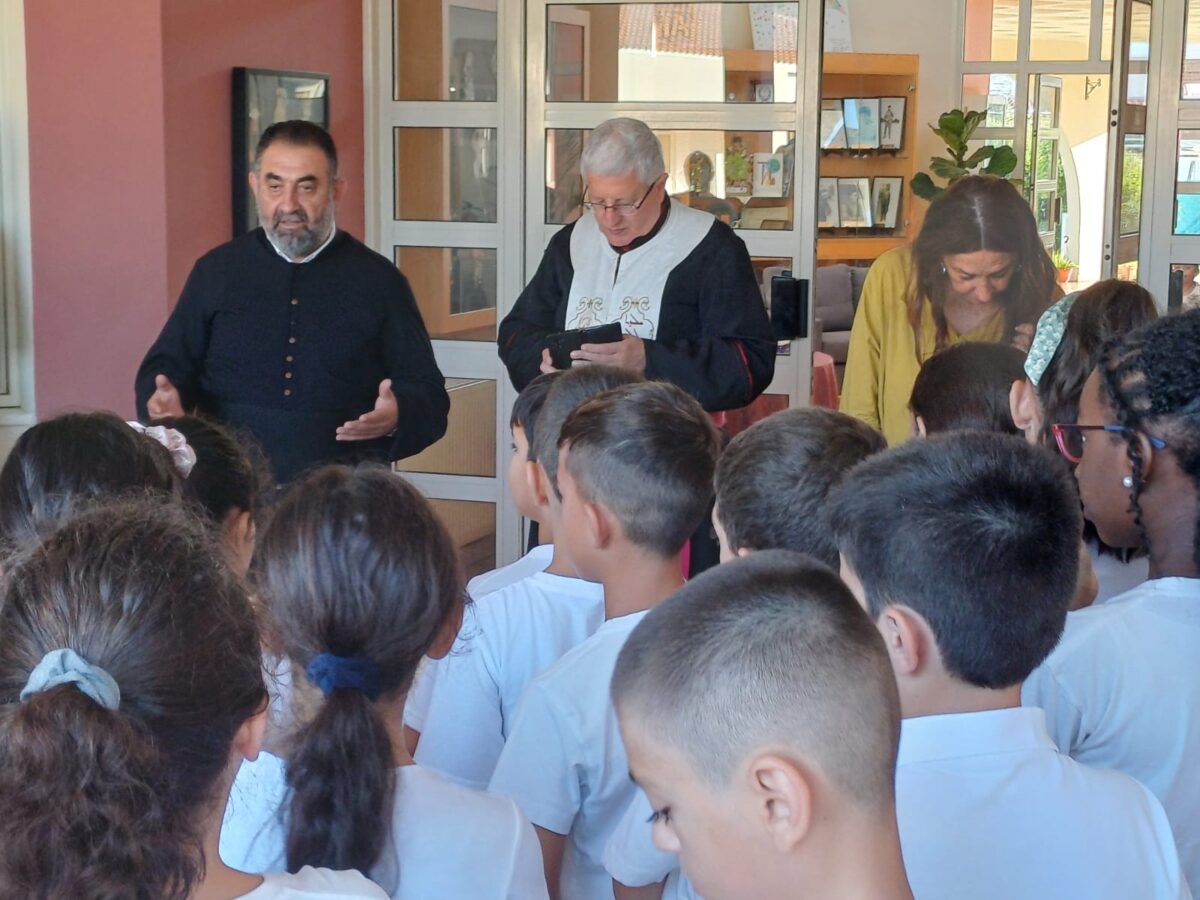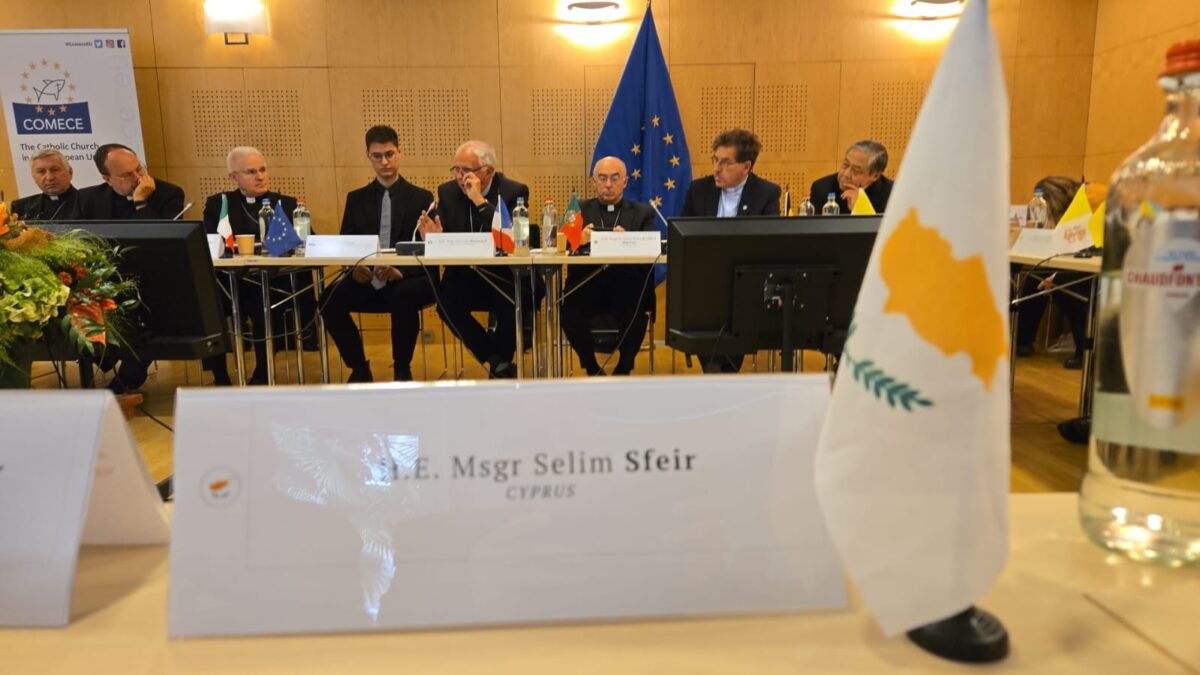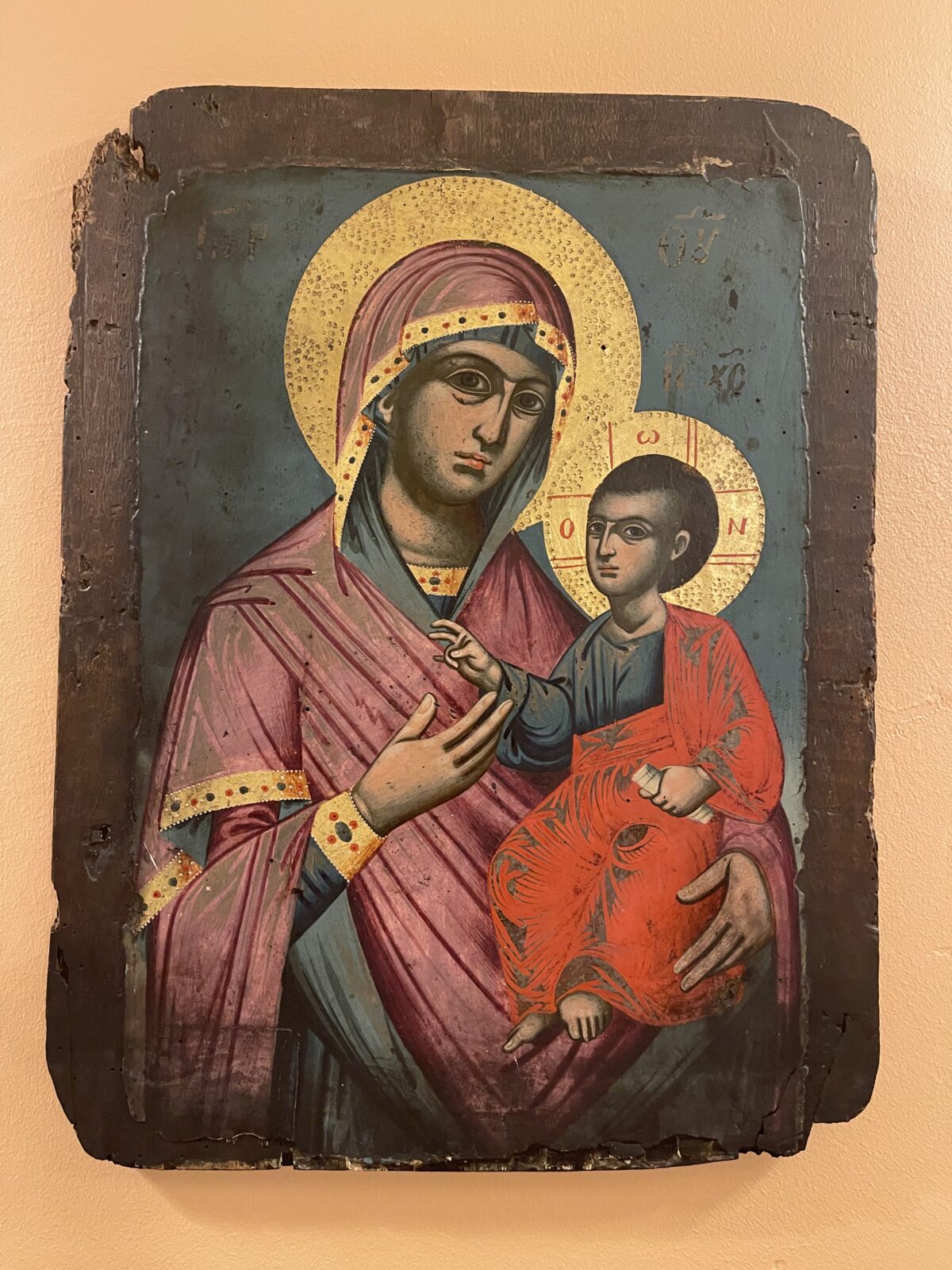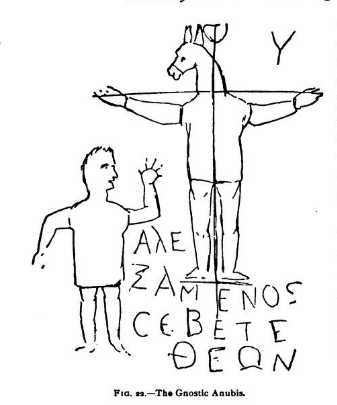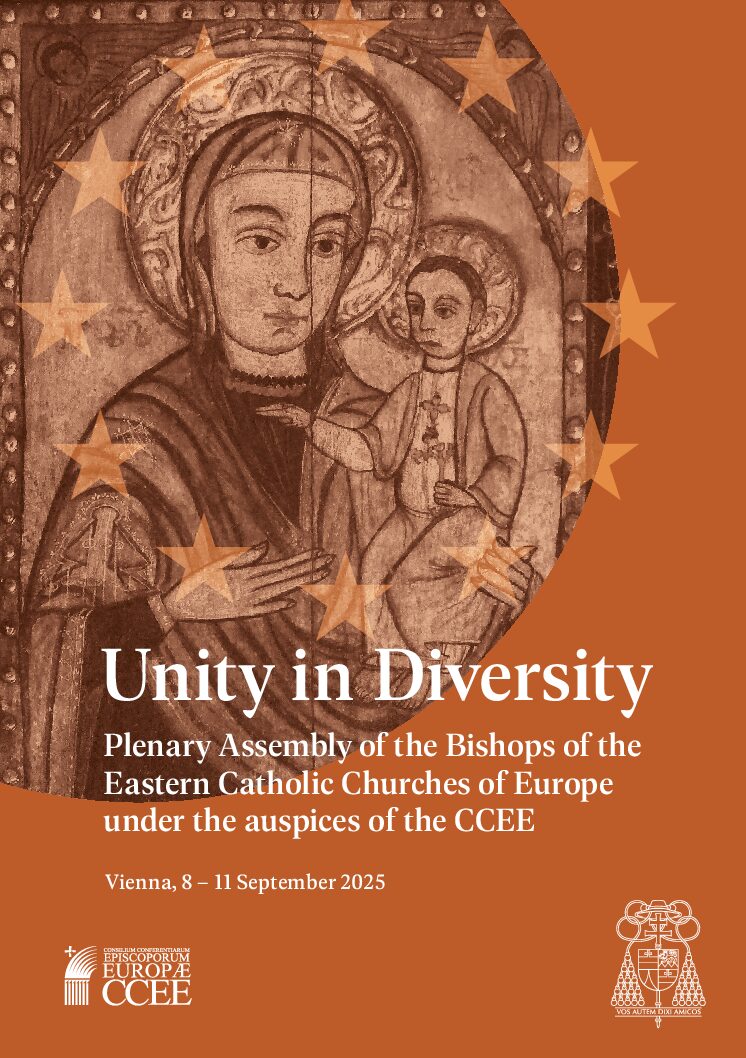Αγαπητά εν Χριστώ αδέλφια,
Η Κατήχηση της Καθολικής Εκκλησίας αποτυπώνει με όμορφο τρόπο το μυστήριο του έργου της Λύτρωσης του Χριστού #607: «Η επιθυμία να αγκαλιάσει το σχέδιο του Πατέρα Tου για τη λυτρωτική αγάπη ενέπνευσε ολόκληρη τη ζωή του Ιησού, καθώς το λυτρωτικό πάθος Tου ήταν ο ίδιος ο λόγος της Ενσάρκωσής Tου».
Όταν διαβάζουμε αυτά τα λόγια, μας κάνουν να σκεφτούμε τους φτωχούς αποστόλους Ιάκωβο και Ιωάννη που ήθελαν να αναρριχηθούν σε υψηλές θέσεις στη βασιλεία. Δεν είχαν καταλάβει τη λογική της βασιλείας. Είπαν ότι ήταν ικανοί να πιουν από το ποτήριο του Χριστού, αλλά δεν μπορούσαν να φανταστούν τα παθήματα και τον θάνατο που θα υποστεί ο Χριστός. Η μαθηματική λογική της Βασιλείας είναι ότι αν θέλεις να ανέβεις ψηλά, πρέπει να κατέβεις πολύ χαμηλά: αν θέλεις να βασιλέψεις με τον Χριστό, πρέπει να υποφέρεις με τον Χριστό.
Στην αυστηρή και σκληρή πραγματικότητά του, ο Σταυρός του Χριστού δεν είναι κάτι αρνητικό, είναι κάτι θετικό – δεν είναι μικρό πράγμα να ανακαλύψουμε ότι ο Σταυρός είναι το παγκόσμιο σύμβολο του πλεονεκτήματος. Ο Σταυρός είναι ένα σύμβολο της λυτρωτικής Αγάπης του Θεού. Ο Σταυρός είναι ένα σύμβολο ευλογίας και εύνοιας. Ο Σταυρός είναι ένα απαραίτητο μέσο πνευματικής καρποφορίας.
Γιατί λοιπόν φοβόμαστε τον Σταυρό; Γιατί παραπονιόμαστε όταν αντιμετωπίζουμε τα δεινά; Έχουμε ξεχάσει πώς λυτρωθήκαμε; Έχουμε ξεχάσει ότι ο Σταυρός είναι ένα πλεονέκτημα, όχι ένα μειονέκτημα; Έχουμε ξεχάσει ότι μόνο μέσω του Σταυρού είμαστε πνευματικά γόνιμοι;
Όταν προκύπτουν δυσκολίες, ασθένειες ή προβλήματα, ας μην υποκύψουμε στον παράπονο. Ας αγαπήσουμε τον Σταυρό και ας τρέξουμε προς αυτόν, αντί να απομακρυνθούμε από αυτόν.
Με τον Σταυρό σταθερά στους ώμους μας, θα γίνουμε ένα με τον Χριστό και θα αγκαλιάσουμε το σχέδιο του Πατέρα για τη λυτρωτική αγάπη. Τα παθήματά μας και οι χαρές μας, ενωμένα με τον Χριστό, θα κάνουν τον δρόμο ευκολότερο για τους άλλους και θα τους προσφέρουν τη χάρη της Σωτηρίας. Αμήν.
† Σελίμ Σφέιρ
Αρχιεπίσκοπος Μαρωνιτών Κύπρου
His Excellency Selim Sfeir Maronite Archbishop of Cyprus visited the first day of school of St. Maron School in Anthroupolie to encourage the young people, to bless them and wish them every success in their studies! September 5, 2025. The Archbishop was accompanied by Fr. Joseph Skender.
